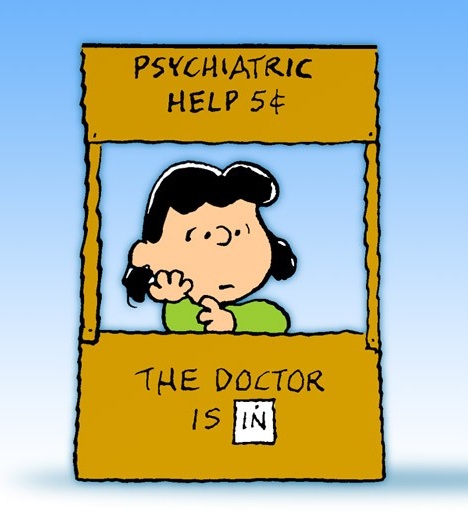Why you should set clear limits on free advice

I’m in a dispute with my accountant. We both feel wronged. And it’s all because of the way they treated free advice.
My accountant is part of a mid-sized local accounting firm. He prepares my taxes, which are complex, and also advises me on tax strategy. With a few exceptions, I’ve found the tax prep good and the advice worthwhile.
This year, however, was a problem. My taxes were complicated by a number of factors, and a misunderstanding between the accountant and me required me to file an extension. I hate that, since I am a meticulous person who likes to file everything exactly accurately and on time.
Since then, I’ve bought a house and sold a house. Financing those required some large complicated transactions with my investment accounts, transactions which included tax consequences. Between those and the capital gains on the house, I needed a lot of answers.
What I got was a late, larger-than-expected bill for preparation of 2020 tax returns, no explanation for the increase, and an accountant whose responses to questions took months, seemed distracted, and were occasionally in error or misleading.
I contacted the head of the firm and asked for a new accountant.
The explanation . . . and the problem with it
The head of the firm promised to “research the issue” and eventually got back to me.
There was no explanation of why the tax prep cost more. He admitted the accountant had been poor and slow at communicating.
His explanation, though, was that the accountant had given me lots of advice and not charged me for it. And he couldn’t see why that wasn’t sufficient for me.
That really made me angry. How would you feel?
I don’t hire the accounting firm for free, slow advice. I expect meticulous tax preparation and expert advice. And I’m certainly willing to pay for it.
Be clear about what you do for free. Charge for everything else.
Free is fine, done right.
I give people free advice on writing and publishing all the time. The first consultation is always free, even though some people tell me I ought to charge for it.
If I’m editing your manuscript, I’m not going to charge for my time. The consultation is part of the job.
But if you start to abuse that principle, I’ll tell you so. I have a healthy hourly rate and I’ll charge it. “I’m happy to give this advice for you, but it’s going to take some of our time,” I’ll say. “Would you like to pay by the hour, or would you prefer that I put you on retainer?”
Lots of people say yes to that. Some say no. But no one has gone off in a huff and resented me for asking.
Here’s what that means:
- I feel fairly compensated.
- I’m not slammed with too much work. I’d rather do half as many hours at twice the rate than be inaccessible with no slack time.
- I’m extremely responsive to client requests. Whether the answer is “Yes,” “No,” “I don’t know,” or “We ought to get on the phone and talk about that,” I respond quickly to every request.
- My clients know what they’re getting and what it’s worth.
- There is no ambiguity on what things are free and what are paid. Nobody gets a surprise bill. And nobody gets a slow response because I’m too busy giving out free advice.
Don’t be embarrassed to charge for your expertise. And draw the line on free advice. Your clients will enjoy the predictability, you’ll make more money, and you won’t feel resentful and overworked.
Honest, candid, much-needed advice!